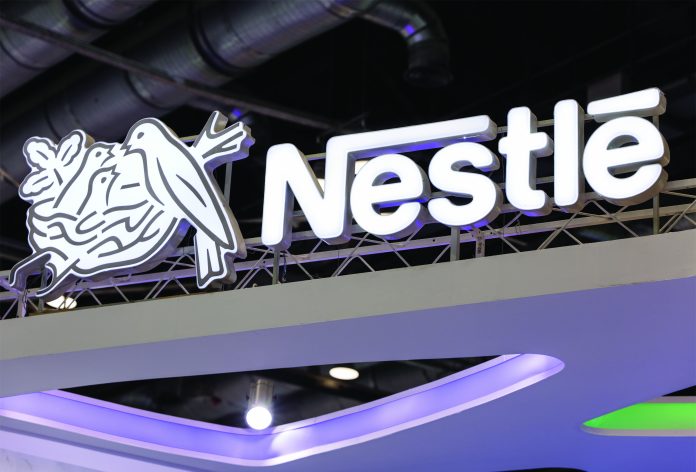Nestlé is on a mission to cut $2.8 billion in costs by 2027, with those savings to be channelled into other parts of its business.
At a Capital Markets Day presentation on Tuesday, the Swiss-based food giant announced it would boost marketing spend in the coming year and also separate its underperforming waters and premium beverages into a standalone business. The division, which houses brands such as Perrier and Sanpellegrino, accounts for less than four percent of annual sales.

Freixe’s turnaround plan
Since Nestlé named 38-year company veteran Laurent Freixe as its new CEO in September, little time has been wasted in preparing the world’s largest food company for a new era.
Last month, he lowered the company’s organic sales growth target for this year to around two percent – the lowest annual rate in more than two decades. He also unveiled “a leaner Executive Board structure” to increase simplicity, speed up decision-making and strengthen momentum behind global initiatives.
This week, he vowed to increase investment to support organic growth and raise the game in terms of “quality of execution”. Nestlé currently launches more than a thousand global innovations and product renovations annually. Friexe (below) said the company would fine-tune how it sets about innovating, focusing on “fewer, bigger and better” bets that represent the greatest potential for success.

While separating the water business could suggest Nestlé is open to offers, Friexe insists there’s no plans to significantly cut its brand portfolio. “Like any company, we have businesses operating below their potential,” he said.
“We need to be more systematic in our approach to managing underperformance, diagnosing the issues and swiftly developing and implementing targeted action plans. As it stands today, we expect to fix, rather than to sell, a majority of these businesses.”
Under previous CEO Mark Schneider, Nestlé had slashed its marketing and advertising budget. However, at this week’s markets day, it was revealed the company plans to boost advertising and marketing investment to nine percent of total sales by 2025 to support growth – the highest proportion since 2019.





